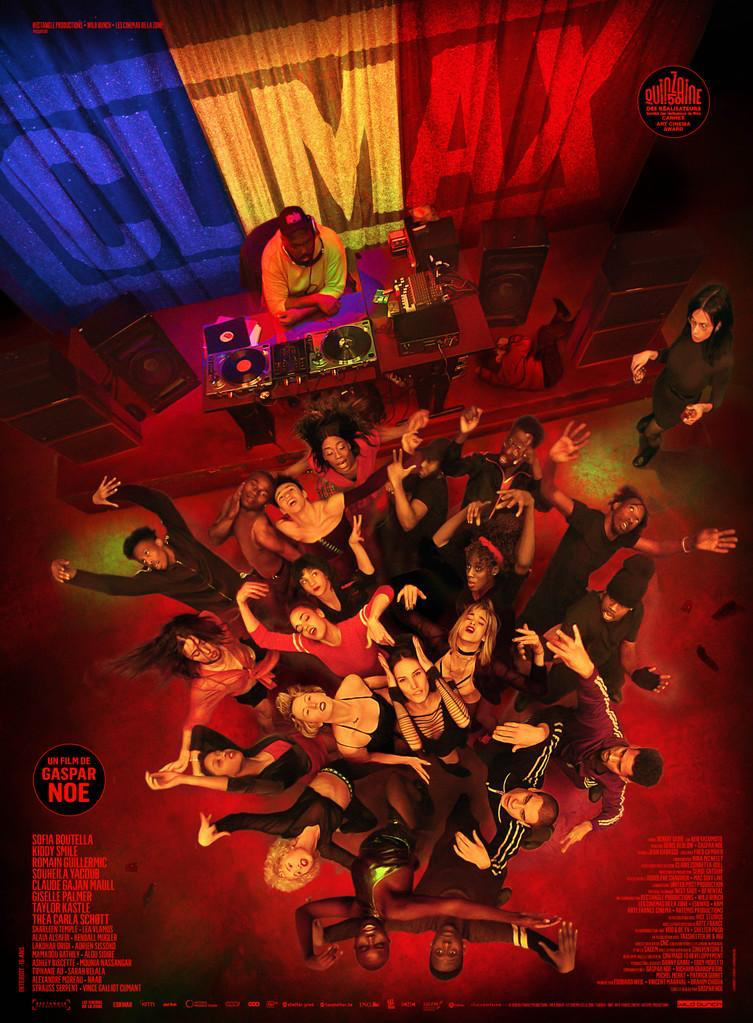After the much-heated debate in 2014, the rules for the Man Booker took a 360-degree turn from a solely British enterprise to an internationally global one.
The rules made it that any original novel published by a UK publisher and written in English would be eligible to enter. If the idea is to celebrate writers from all over, whether Sheffield, Shanghai or Chicago then why is it winners are predominantly found in London or New York? This year’s shortlist is comprised of two British, one British-Pakistani and three American writers.
In fact it is the second year in a row that an American has won; this year’s winning author, George Saunders, an already well-established US writer receives a £50,000 cash prize. His prized novel ‘Lincoln in the Bardo’ follows an anecdotal event, Abraham Lincoln visits the Georgetown Cemetery after the death of his 11 year old son, Willie. The novel follows a deceased protagonist in his journey through limbo, desperately awaiting his father’s return.
Judges speak out about the book, calling it ‘unique’ and ‘extraordinary’, yet the audience seems less convinced. Reaching its peak of publicity, the Guardian estimates that the book has sold a humble 10,000 copies – palling in comparison with Ali Smith’s ‘Autumn’. Despite this, Saunders still won over the judges. Is this merely down to his narrative, or is there something more to it?
Having a winner that defies public opinion can be positive when trying to discover hidden gems, but let’s just say that Saunders is no small town writer.His name has dominated American Literature for well over the last decade. Contribution to the Guardian weekly column – American Psyche – and prolific works of fiction make it impossible to skim over his name.Now, it is not to say that Saunders isn’t worthy of his success, but surely the Booker had a more noble pursuit than further feeding into the publishing industry. Whilst the rule change promises to widen the Prize’s global connection with writers, the heavy American influence makes it less than diverse. A rather homogenous group of Americans and some Brits dominate long listed and short listed prizes, keeping them on top – and the rest is history.
Whilst Americans seem to have unlimited access to literary awards, including the National Book Awards and the Pulitzer Prize, Brits are excluded from these opportunities. American household name, Paul Beattie’s book The sellout wins last year’s Booker Award as well as the US National Book Critics Circle Award in 2015. If Americans can win the Booker Prize, then shouldn’t Britons qualify for a Pulitzer also?
Beattie’s The Sellout is undoubtedly a great book, but I’m pretty sure it would have gained enough publicity on its own, let alone with two awards. This poses the question on most Brit reader’s minds – will this just be another prize to Americanise?
What is sad is that the true loss is for the readers themselves. A prestigious prize claims to showcase the best of the best – unfortunately the best just so happens to reside prominently in the US. The possibilities of the Booker are immense, names like Salman Rushdie and Arundhati Roy would never reach half the attention without it. Since Indian author Roy’s successes, she has become a literary legend – and that’s the magic of the Booker’s power.
Luckily, it’s not all doom and gloom with this year’s results. British-pakistani Mohsin Hamid novel Exit West adds some well needed diversity into the mix. Set on the brink of civil war in an unnamed city, a young couple navigate their way round a series of mysterious black doors, dropping them into different parts of the globe. Forced to rely on the fleeting kindness of total strangers, the characters find themselves at an uncomfortable state of total dependence. Clear parallels have been drawn to the Exit West, Hamid’s fourth novel, like all his previous ones, are interested with the themes of humanitarian issues today. His successes can be largely attributed to the influence of the Man Booker Prize. Although voices like Hamid’s are paramount for creating diverse literature, these voices are limited in the light of the rule change.
No matter which side you stand on, it’s fair to say that there should be a level playing field before even attempting to crown a winner.
Featured Image: Pexels




